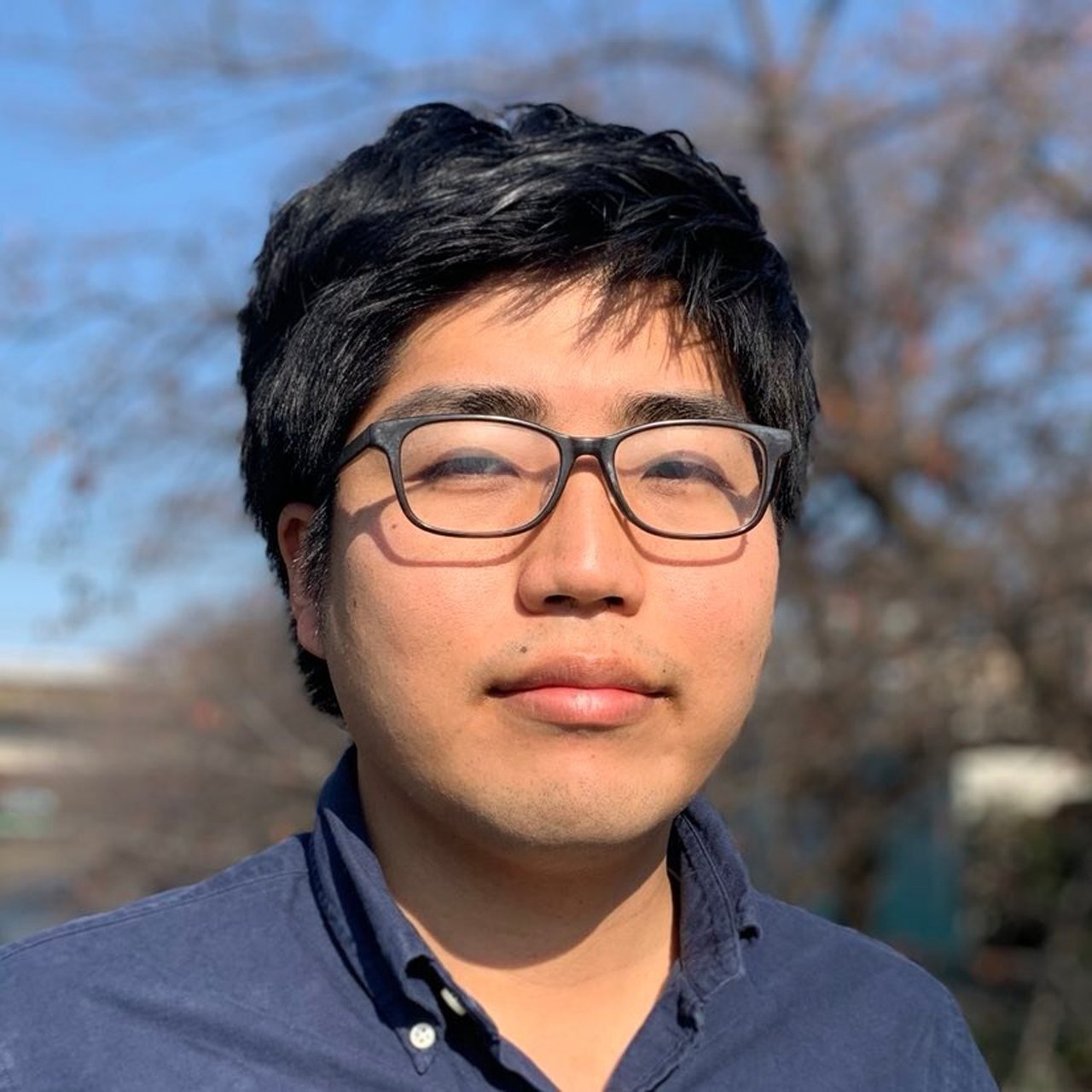Computer & electronics hardware
Suguru Endo
The first person in the world to propose a practical method of quantum error mitigation to reduce calculation errors by quantum computers.
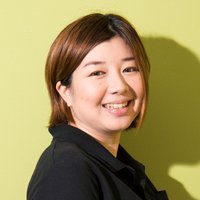
Japan
Yoshimi Wie
Japan carries the largest elderly population in the world. Technology can help reduce the burden of excretion care.
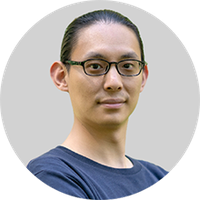
Asia Pacific
Chih-Hwan Henry Yang
Silicon quantum dot-based spin qubits to world-leading performance.
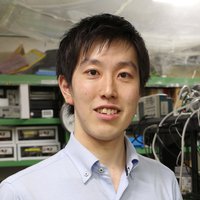
Japan
Shuntaro Takeda
An original loop-based optical circuit has been invented, along with a successful proof of concept.
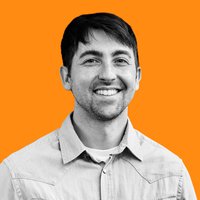
Global
Nicholas Harris
Shining light through optical chips might be the fastest way for neural networks to make decisions.
